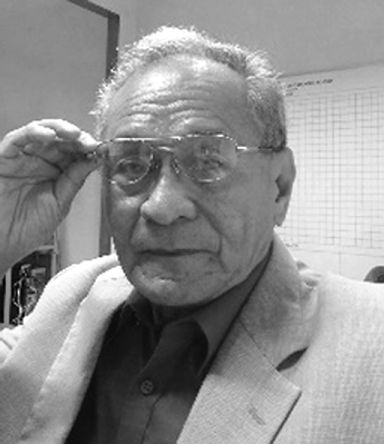
The presence of tambays is a sign of poor governance that plagued our nation ever since greedy politicians took over the reins of government after our independence. They are there for the “fund” of it or because they have nothing better to do, like the tambays. Except that they have the money, name, or guile to connect with powerful people to help them get elected or appointed and be their dogs.
Governance is a process through which things are decided and implemented. The result determines the fate of the nation. All of us participate in governance as individuals or as a group, formally or informally, actively or inactively. But the most powerful player in the system is the government. The government, not only makes the rules for all the rest to follow, it also has more resources to undertake what it wants and power to enforce it’s will when needed. However, real power lies in an enlightened citizenry. When they are fed-up with government corruption, ineptness, and it’s ineffectiveness to protect and promote the common good, they also have the number and strength to trash the government.
It is the mandate of the government to pursue the common good or it has no reason to exist. This mandate includes making sure that everyone willing and able to work has the opportunity to work and given a decent pay. Or they wallow in poverty and join the tambays. Poverty reduction is highly related to overall economic growth, the year-to-year increase in our gross domestic product or GDP. This is proven in China.
Poverty in China was universal except for communists in high positions. In 1980 when China was starting with capitalism, its per capita income at current US$ was only $195, less than 30% of our $685. With its GDP growing at 10 percent annually after adopting to capitalism, it’s per capita income increased almost five times to $959 in 2000, nearly equal to our $1,038. In 2015, it went up by more than eight times to $8.069, almost three times our $2,878. This allowed China to bring down its poverty incidence to less than 5 percent now while we still grapple with our 21 percent.
Our economy did better with Gloria in ten years when GDP grew by over 4.0 percent annually, faster than what was obtained during the combined 35 years of her four predecessors. But it was still not enough to meet our Millennium Development Goal of halving our poverty incidence to 15 percent. It went down to 26 percent in her last full-year term in 2009 but only after the adjusting the poverty threshold income downward.
Aquino III grew our GDP by over 6 percent annually and poverty incidence went down to 21 percent when he ended his term. In the first two years of Duterte, the GDP still grew at over 6 percent a year. If it continues, we might still see our poverty rate going down to 15 percent after his term ends. But who knows! The countryside is in doldrums, according to him.